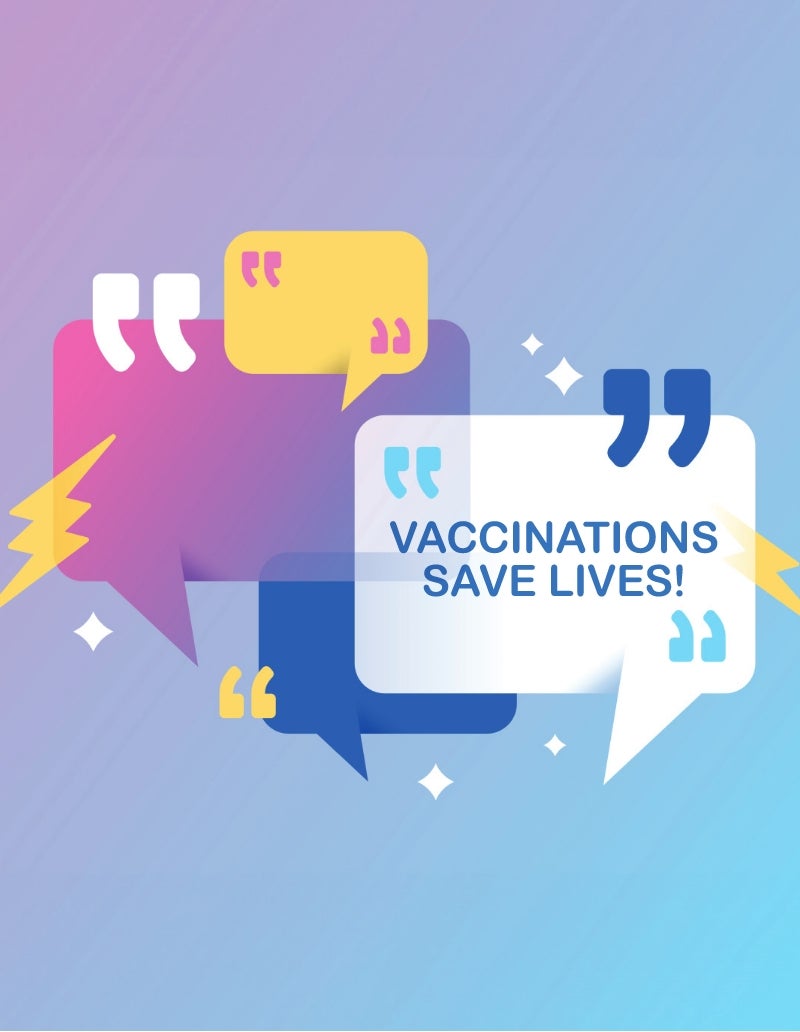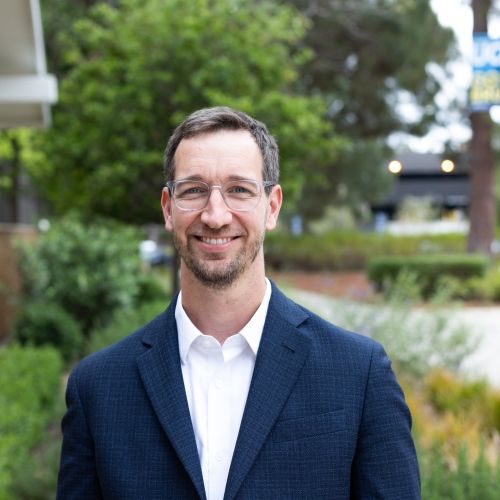Leveraging Social Media's Potential
FSPH’s Dr. Philip Massey says public health needs effective strategies to capitalize on the platforms’ power to disseminate information, and to counter the spread of misinformation.
 THE ENORMOUS POWER WIELDED by social media to spread health-related information — for better and for worse — was on full display in the early months of the COVID-19 pandemic.
THE ENORMOUS POWER WIELDED by social media to spread health-related information — for better and for worse — was on full display in the early months of the COVID-19 pandemic.
With public health guidance shifting as new data was gathered on SARS-CoV-2, the interactive platforms became outlets for frustration and confusion, notes Dr. Philip Massey (MPH ’09, PhD ’13), associate professor of community health sciences at the UCLA Fielding School of Public Health. And in the absence of clear public health messaging — even messaging explaining that the best evidence typically evolves with additional research — the void was often filled by misinformation, breeding further uncertainty.
“The pandemic showed that federal agencies didn’t have a solid strategy for utilizing social media in a crisis,” says Massey, who studies the implications of social media for public health communications. The advent of COVID-19 vaccines compounded the issue. “Anti-vaxxers were already thriving on social media, so even though they are a minority, their influence has been disproportionately large,” Massey notes. “From other vaccines, they had their networks set up and knew the road map for amplifying their messages, whereas in public health we were initially fumbling around in the dark.”
Massey has long been interested in health communication, and as social media’s popularity soared, he recognized its potency as a public health messaging tool. “Anyone can find a community of people, anywhere in the world, for whatever health or social topic they’re interested in,” he says. “That’s very powerful, and often quite positive. But it’s also easy for misinformation to be passed along unknowingly, as well as for disinformation to be spread willfully.”
It’s easy for misinformation to be passed along unknowingly, as well as for disinformation to be spread willfully.
In his research, Massey has examined patterns and shifts in public opinion about HPV vaccination on Twitter and Instagram, focusing on the types of messages that are shared and the impact and reach of particular content. The U.S. Centers for Disease Control and Prevention recommends that most adolescents receive the two-dose vaccine starting at age 11 or 12, and as early as 9. But, despite the vaccine being considered extremely safe and effective in preventing several cancers, it has a relatively low uptake, with about 60% of adolescents ages 13-17 being up to date on their HPV vaccination. Massey has developed and tested cancer prevention messages on social media, aiming to educate parents about the HPV vaccine through narrative engagement and storytelling. “By definition, social media is interactive, so it’s important for public health messaging to work alongside authentic and genuine voices of parents and kids to help them amplify their positive stories,” he explains.
Massey points to examples of health professionals whose posts on vaccines, cancer screenings, and other issues have gone viral because they are strong communicators. Partnering with trusted health leaders can be an effective way to promote desired messages, he notes. At the same time, he says, the field must stay on top of the falsehoods that gain traction, debunking popular misconceptions as well as proactively inoculating against misinformation.
It’s become imperative for public health professionals to strengthen their social media understanding and literacy. Massey foresees a growing demand for creative, tech-savvy individuals capable of anticipating and adapting to new platforms and technologies. “People who are native to this environment know how to use it better than anyone,” he says. “The rest of us are catching up.”

